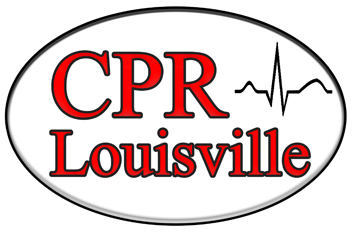Schizophrenia is often a misunderstood diagnosis that certainly includes negative connotations, however, it is a disease that is real, significant, but ultimately, a disease that can be treated and manageable. Some key features of the illness include delusions, hallucinations, and an overall complete break with reality. Individuals who suffer from schizophrenia are unable to decipher that difference between reality and fallacies created by their mind. It is important to understand, first of all, the differences between delusions and hallucinations. Delusions are ridiculous and ludicrous beliefs that can begin to take over one’s life. Hallucinations are sensory products of the imagination but are believed to be real by individuals experiencing the hallucination. Auditory hallucinations are the most common among those suffering with schizophrenia. Another distinguishing fact about the disease is that it is quite different from Dissociative Identity Disorder. Dissociative Identity Disorder has no biological component and therefore cannot be treated with medication unlike schizophrenia. They are often confused because of the idea of mental disturbances, but there are quite different disorders.
Schizophrenia is a neurological brain disease that currently affects roughly 1% of the population. Because this disorder is biochemical, medications such as antipsychotics are used to help eliminate delusions and hallucinations. There two types of antipsychotics: typical and atypical. These drugs are categorized differently mostly by the time that they were approved by the FDA but also for the side effects. These medications are not strictly used for the treatment of schizophrenia but are used to treat other mental disorders such as bipolar.
There are several reasons that schizophrenic patients struggle to remain in treatment and on medication. One drug in particular, clozapine, causes a severe decrease in white blood cell count, a condition known as agranulocytosis. Doctors argue whether or not threatening the stability of one’s immune system is worth avoiding these psychotic symptoms when we have so many other medications available. However, clozapine is not the only threatening drug. Most drugs tend to slow one’s metabolism down causing a dramatic weight gain. This ultimately raises a concern for diabetes and high cholesterol. Because of these possible side effects, most doctors call for regular blood work to be arranged to be able to be aware on any possible ongoing issues because of the medication. Eventually, if a patient does continue to use chemical treatment long term with antipsychotic drugs, tardive dykinesia becomes a concern. Tardive dykinesia (TD) creates uncontrollable muscle spasms and movements. Treatment for schizophrenia can be a tedious process of finding the most effect medications for each specific patient. Everyone is affected differently. For the treatment of schizophrenia, talk therapy or psychotherapy is ineffective until the patient is no longer experiencing hallucinations or delusions.
Researchers continue to look for improvements for schizophrenic patients. It is understood that this has a genetic component. Individuals with closely related family members suffering from schizophrenia are 10% likely to develop the disorder, opposing the 1% chance that other individuals have. However, research still has not been able to find a specific gene that directly affects and causes this disease, although they have found several that seem to be related. Neurotransmitters such as glutamate and dopamine are believed to correlate with the imbalances in the brain.
It has been shown that the ventricles within the brain tend to be larger in those diagnosed with schizophrenia. Another commonality shows that there is less gray matter in their brains as well. These differences are being studied as to how they directly affect the symptoms of the disease.
Recreational drugs such as marijuana and stimulants such as cocaine have the ability to mimic the symptoms of schizophrenia. There has been research showing direct correlations between marijuana use and schizophrenia diagnosis indications. More research is being conducted as the drug is quickly becoming more legal and acceptable in the United States.
References
https://www.nimh.nih.gov/health/publications/schizophrenia





